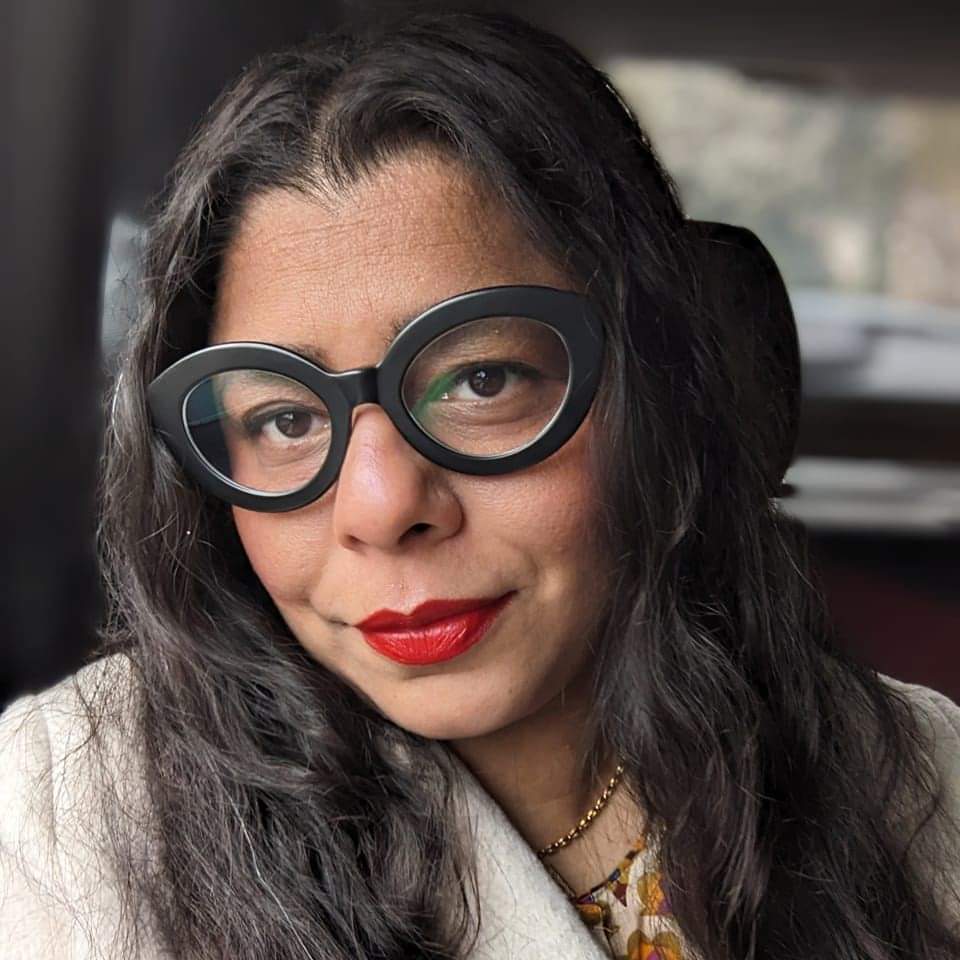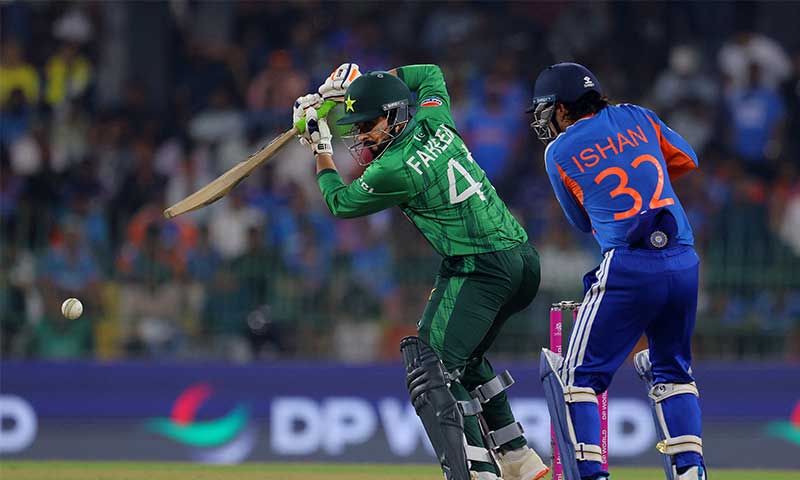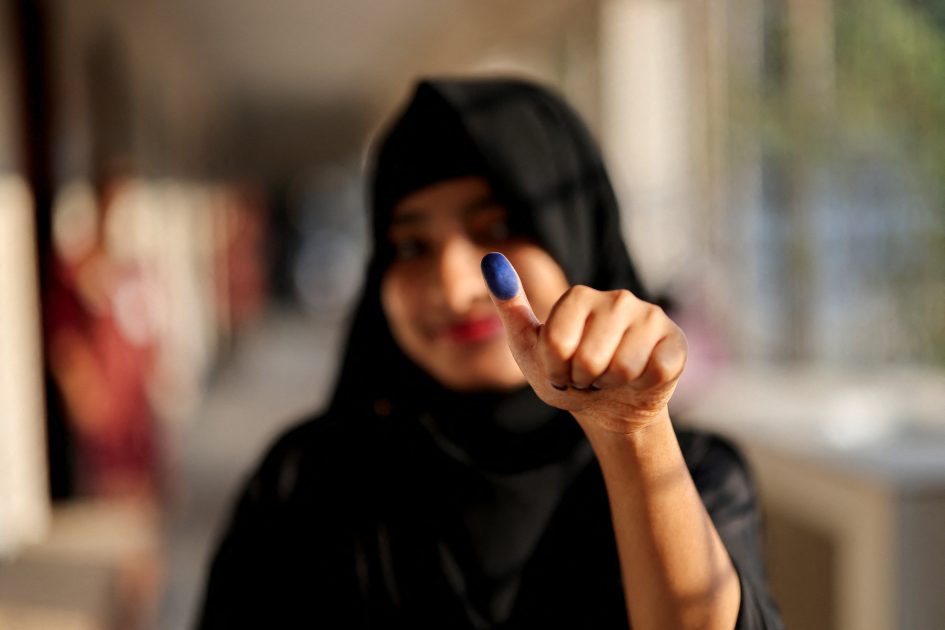- Web Desk
- Feb 16, 2026
Student council elections – a practical lesson in democracy
Imagine a day running high with emotions, aspirations and hopes to serve your community with honesty, integrity and devotion. There has been full throttle canvassing, emotional speeches, high-pitched slogans and a tangible vibrance in the atmosphere. Yes, it’s time for elections, but, in schools. I can vividly recall the adrenaline rush as I ran from class to class, seeking support for the last time, right before the voting was to take place. I had chosen a unicorn as my electoral symbol; crafted on a silver sparkly fabric drawn on with the highly trending glitter glue back in the late nineties. This unicorn emulated freedom, purity and power for all. It had taken days of feverish activities to ensure that my manifesto reached the maximum number of students. The results of that election are a story for another day. What got me all nostalgic about my campaign was the announcement by the government to hold student council elections in government schools across Punjab.
School students across Punjab elected 61,212 student council office bearers, including the positions of President, Vice President, General Secretary and Finance Secretary. The responsibilities of the elected students include organizing extracurricular, literary and sports events, such as competitions and debates. The members of the councils are expected to select the talented students, especially athletes for participation in sports-related activities.
Secretary of the Punjab School Education Department, Ehtisham Anwar claimed it to be the first of its kind initiative of the country. He reiterated the student councils had no political inclinations. The only criteria for student councils was for a student to be hardworking, capable and disciplined. The student council elections were a carbon copy of general elections which included the constitution of an election commission, nomination of candidates, election campaign, use of ballot papers and casting of votes.
On the day of the elections, the schools bustled with activity and the corridors were a buzz with excited chatter of the students waiting to cast their precious votes. Colorful cardboard boxes were used for balloting and voting was done in a systematic way. The students have high hopes from this election. The elected student council members want to effectively bridge the communication gap between the school’s administration and student community. They pledge to resolve the predicaments of their fellow students to the best of their capabilities. They seemed to be enamored by the glimpse of democracy that they encountered in these elections.
The teachers felt that this step heralded the dawn of awareness of democratic process in the students. It also improved their confidence by the miles and honed their leadership skills. They were hopeful that by the power of the vote, the children will be able to create positive changes for their community, which will prepare them for their roles and responsibilities in the practical world. For example, the position of the Finance Secretary will give them helpful insight for the effective management and dispersion of money. However, what remains to be seen is how these students will encounter the stark difference between the democracy that they practiced in schools and the democracy prevailing in our country.
The student council elections might be a new milestone for the government schools, but they enjoy an older repertoire with private schools. From an interesting student’s point of view we caught a peek into the electoral process of a private school’s student council. According to the students, the candidates regularly brought candies into classrooms to convince their fellows to vote in their favor, this practice was especially common amongst the junior grades who can be easily lured to vote for the said nominees.
Another common practice which was witnessed was the incessant tearing down of fellow candidates; which included criticizing their performances, in the previous tenure. Alarmingly, the hate campaigns were taken a step further by continuing unabashedly online in the form of cyberbullying and trolling. The elections took up the role of popularity contests instead of being a democratic process which brought capable individuals to the forefront who led their fellow students by example. Pretty privilege was also seen coming to life in this election campaign. Candidates promising things like demolishing homework and difficult subjects and reducing the prices of snacks in the canteen were also frequently observed, although their fulfillment stood zero to slim chances.
Does this scenario sound familiar? Bleak as it may seem, this loudly echoed of the prevalent democratic system in the country. The familiar and not necessarily ethical route taken by the prospective candidates, seems like the micro picture of the rather disconcerting reality.
An educationist by profession, HoD Academics and Training at Forces school and college system, Nadia Jaffery holds the view that creating that kind of activity, conducting the elections of the student councils in public schools, is a great initiative in terms of understanding democracy, citizenship, difference between election and selection, peaceful and productive campaigns and procedures. Things like how to write manifestos, how to present them, how to persuade the people, and taking the initiatives and responsibilities, fulfillment of promises. This is the right time to understand political leadership and right of vote. These are all the benefits of wonderful, inbuilt and integrated learning, through the student council elections. It’s not a separate entity, it’s like a part of integrated learning in which they learn all of these things mentioned above. Another important point is that the students might be disillusioned with the prevailing reality, the students cannot correlate the rules, regulations, policies, procedures and law and order situations, whether they are for the student council or for the whole country. Here is where the real problem comes in because in reality they will not be able to find the same policy procedures for the elections around them which we are expecting them to conduct during their campaigns in the schools. So I think it is very important to provide the students with a suitable kind of environment and a state of better awareness of political leadership.
The advent of student council elections, is a harbinger of hope for the understanding of the true spirit of the electoral process by the youth of our nation. How it impacts their chartering of this territory in real life remains to be seen. However, it can be stated with certainty that if they are elected through a transparent process, the difference between selection and election will help them stand on the right side of history in the future.






